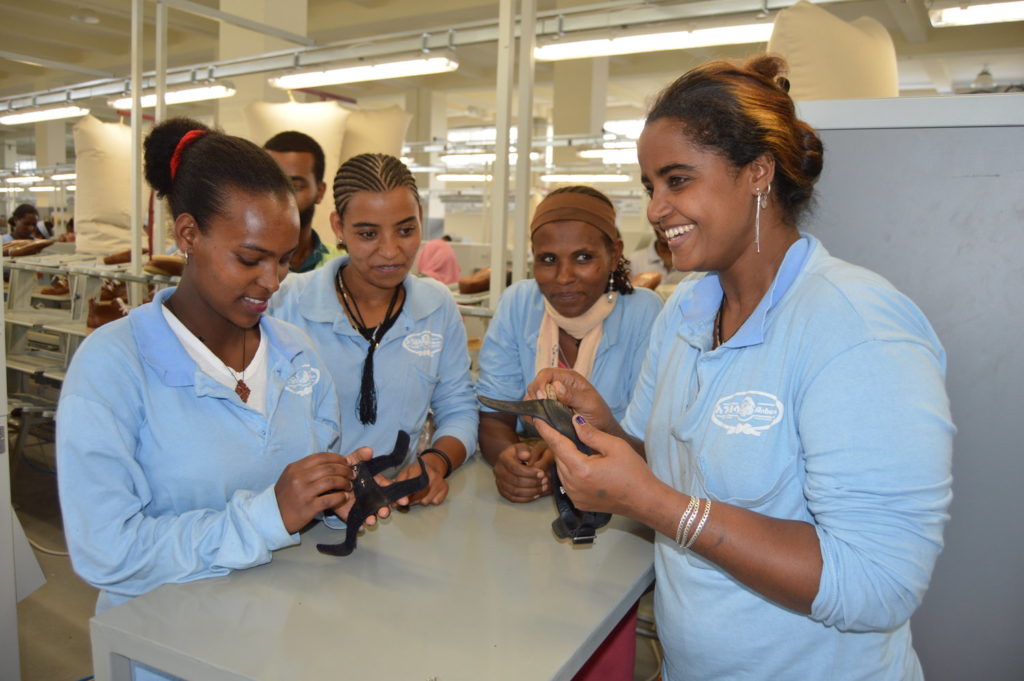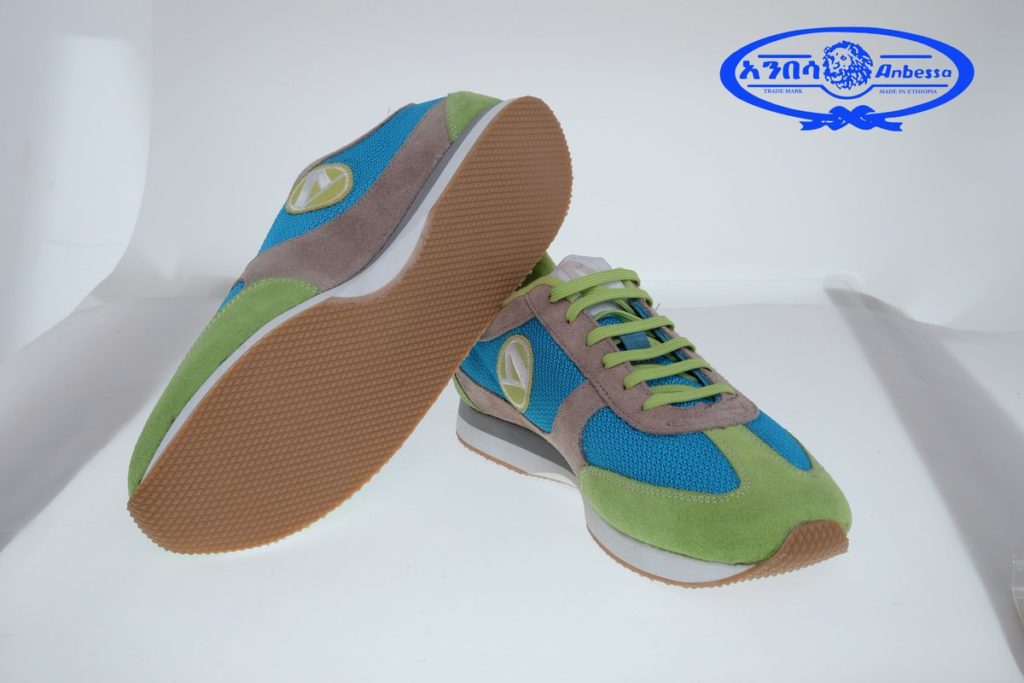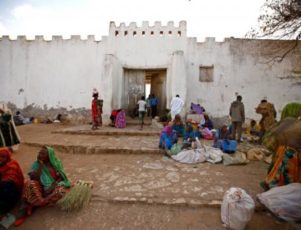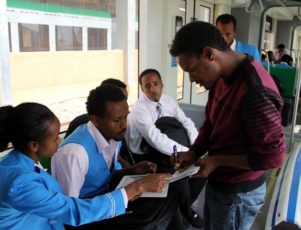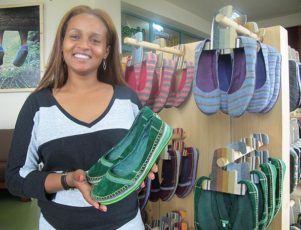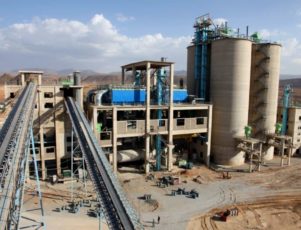In a global fashion industry often criticized for waste, exploitation, and environmental harm, Bethlehem Tilahun Alemu stands out as a visionary African entrepreneur rewriting the rules. Born and raised in the Zenabwork district of Addis Ababa, she founded soleRebels, a trailblazing footwear brand built on ethical production, cultural pride, and sustainable innovation. Today, she is celebrated internationally as one of Africa’s most influential business leaders—yet she insists that her mission has always been simple: to create prosperity within her community, by her community, and for her community.
Empowering Communities Through Craftsmanship
Bethlehem launched soleRebels in 2004 with the belief that artisanal skills—deeply rooted in Ethiopian heritage—could be transformed into globally competitive products. Drawing inspiration from the barabasso sandals worn by Ethiopian rebels during the 1930s, she reimagined traditional craftsmanship with contemporary design. The result: eco-friendly shoes made from recycled car tires, hand-woven organic cotton, and locally sourced materials.
Rather than outsourcing labor or relying on mass production, Bethlehem built a model centered on community empowerment. soleRebels operates as a fair-trade certified company, offering wages three times higher than the local average, professional training, and long-term job security. Her approach not only preserves traditional weaving and leather-working techniques but also ensures that the economic value generated remains within Ethiopia. By prioritizing people over profit, Bethlehem proves that ethical business practices can coexist with global success.
Today, soleRebels employs hundreds of artisans and has become the world’s first Fair Trade footwear brand. Its products are sold on multiple continents, and the company continues to expand into new markets through a franchise model that showcases Ethiopian creativity on the international stage.
A Global Leader in Sustainable Innovation
Bethlehem’s influence extends far beyond footwear. She is widely recognized as a pioneer in sustainable fashion, demonstrating that African businesses can lead global conversations about environmental responsibility. soleRebels minimizes waste by upcycling materials, reducing carbon emissions through local sourcing, and producing durable, repairable shoes. This circular approach challenges fast-fashion norms and proves that sustainability is not a luxury—it is both practical and profitable.
Her achievements have earned her extensive international recognition. Bethlehem has been listed among Forbes’ “Most Powerful Women in Africa,” Fast Company’s “Most Creative People in Business,” and the World Economic Forum’s “Young Global Leaders.” Despite such accolades, she consistently emphasizes that her work is rooted in social mission. For her, success is measured not only in sales or global visibility but in the livelihoods transformed in her hometown.
Bethlehem has also expanded her entrepreneurial vision with new ventures, including The Republic of Leather, a premium accessories brand built on the same principles of sustainability and ethical production. Each initiative reinforces her long-standing goal: to show that African-made products can be both world-class and deeply connected to local identity.
Bethlehem Tilahun Alemu is more than an entrepreneur—she is a symbol of African innovation, resilience, and leadership. Through soleRebels, she proves that when creativity meets community-centered values, businesses can drive profound and lasting change. She stands as an inspiration for a new generation of African entrepreneurs determined to shape a more ethical and sustainable future.
Photos : lionessesofafrica.com



